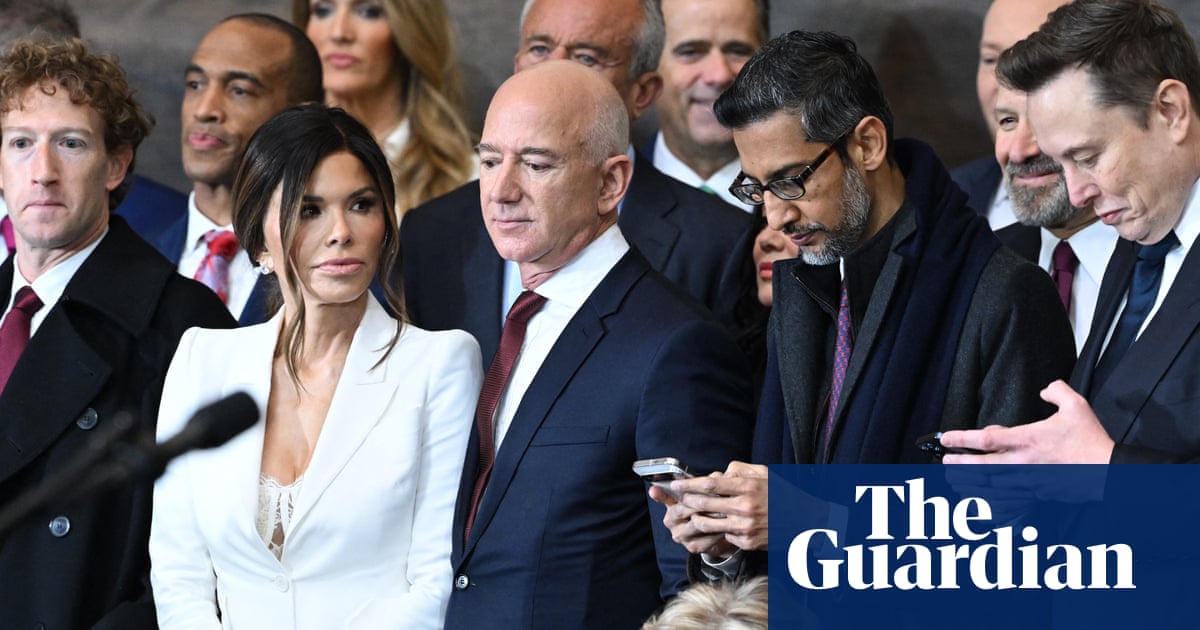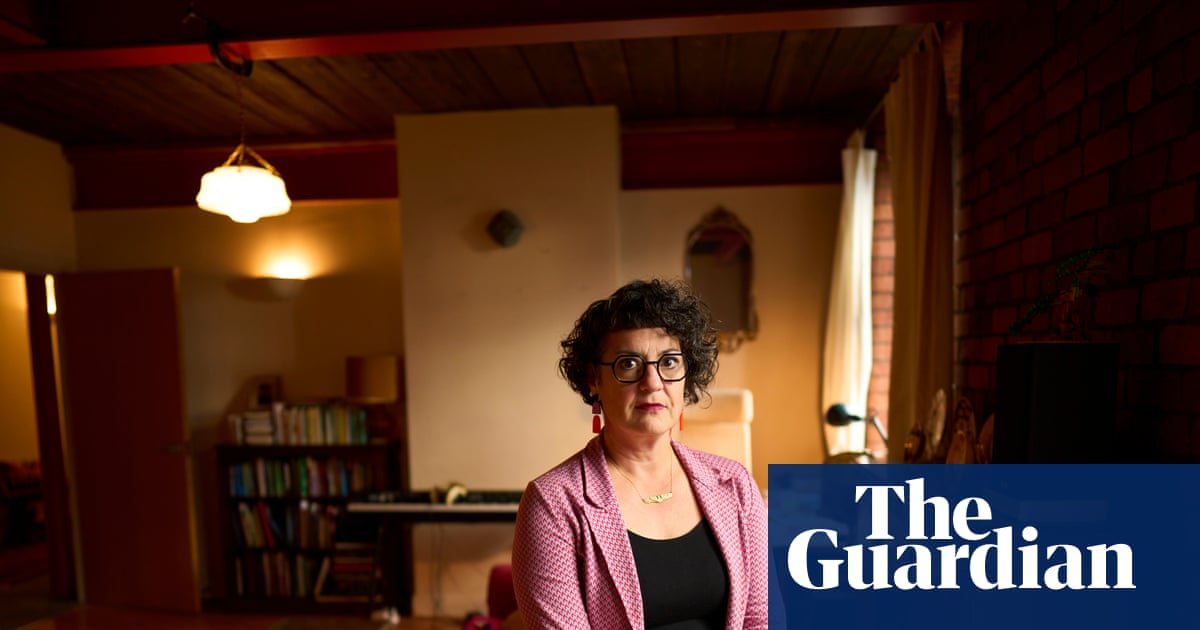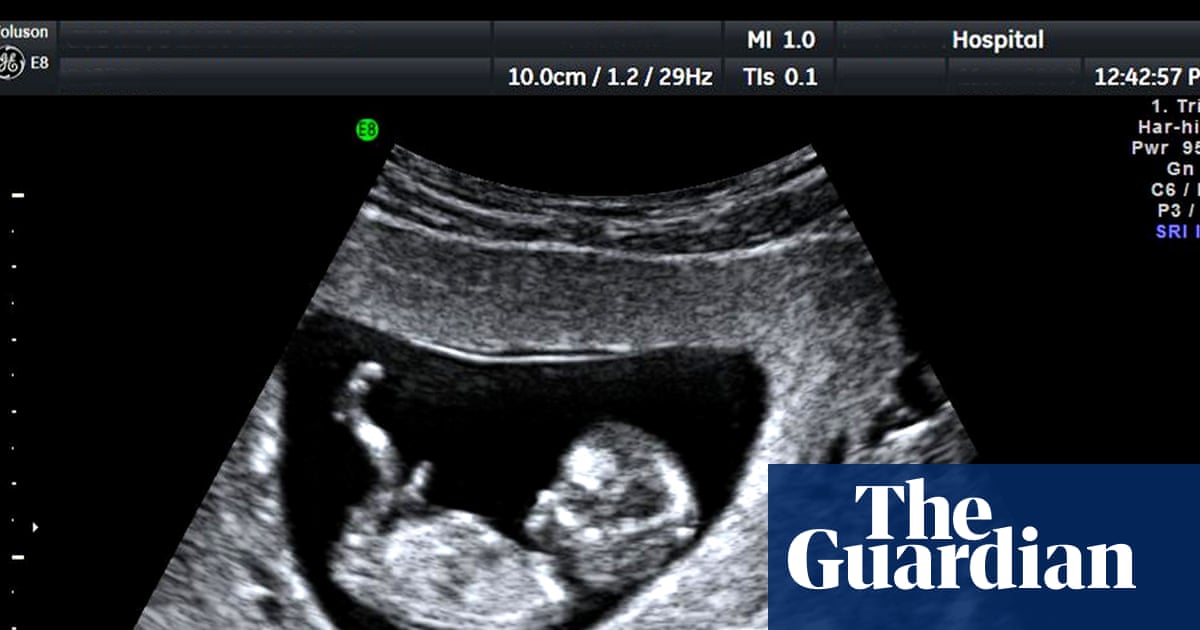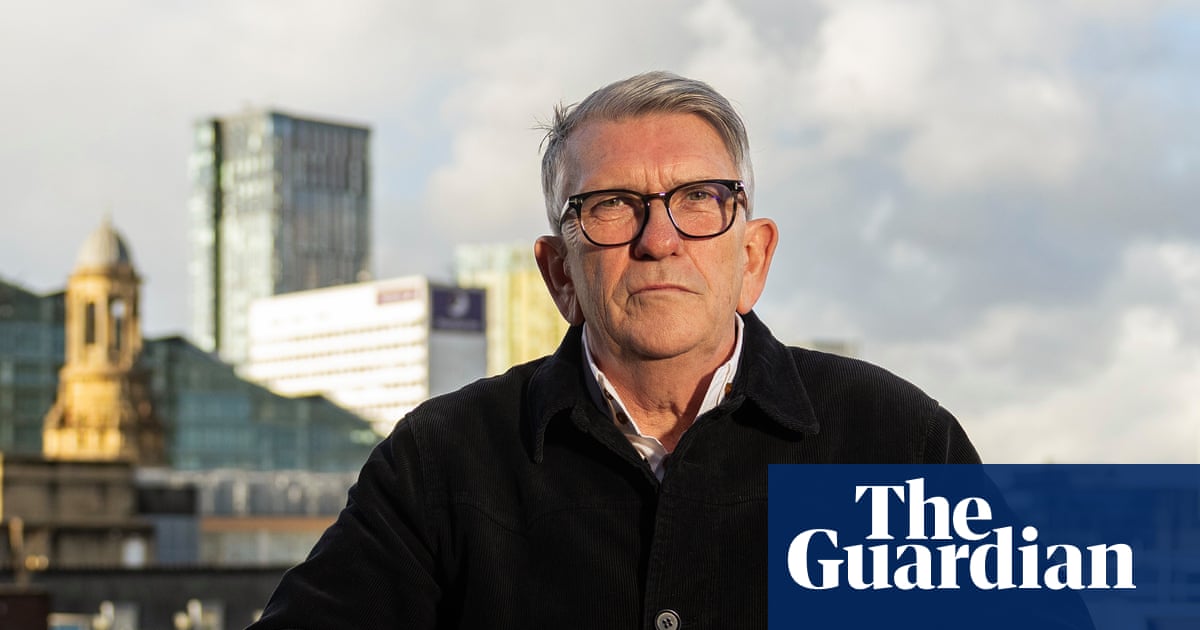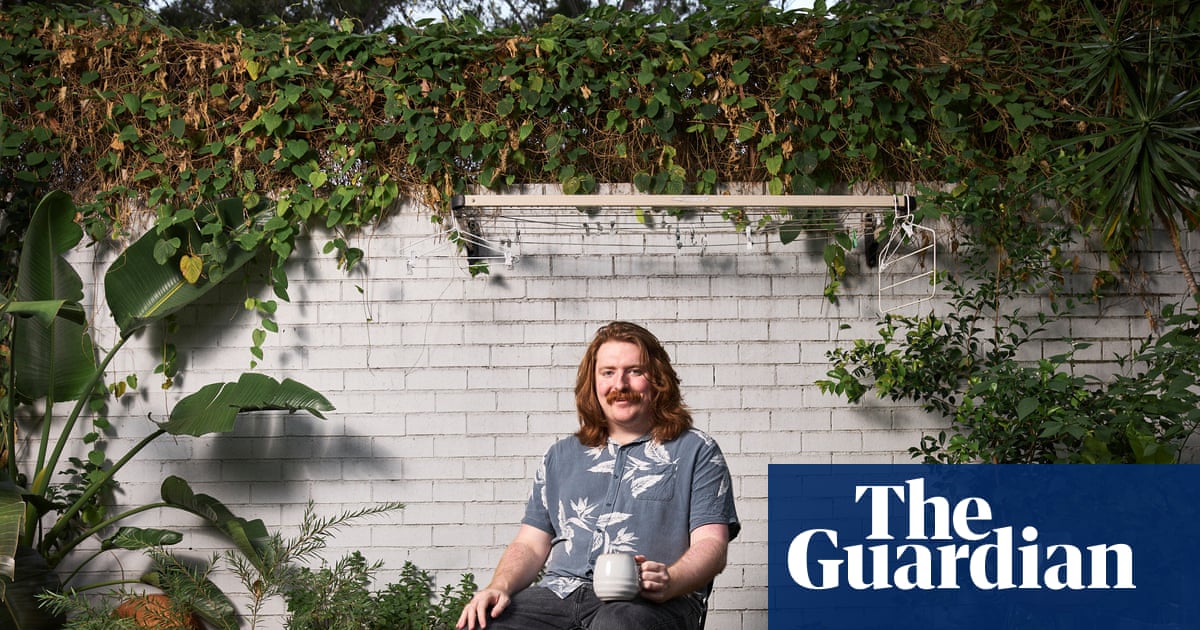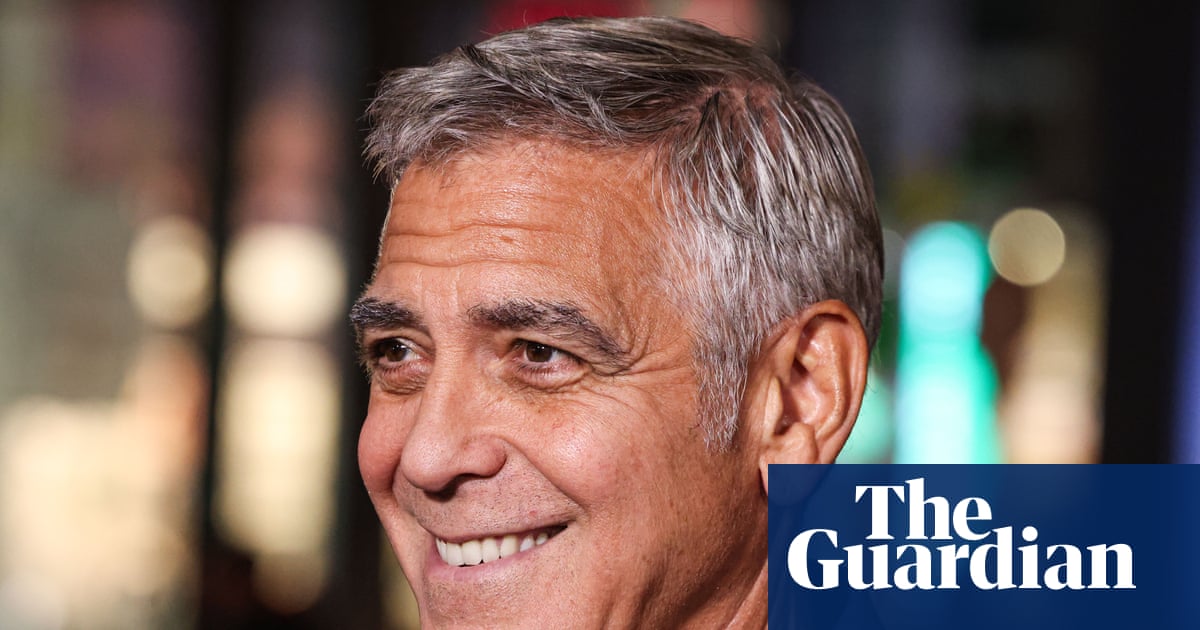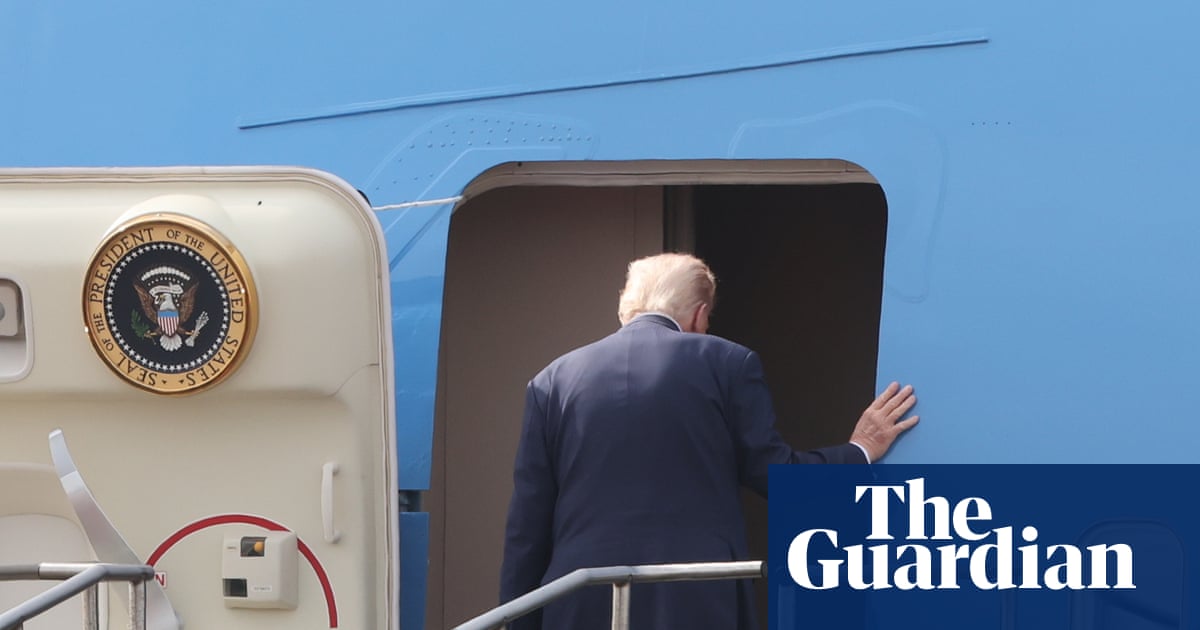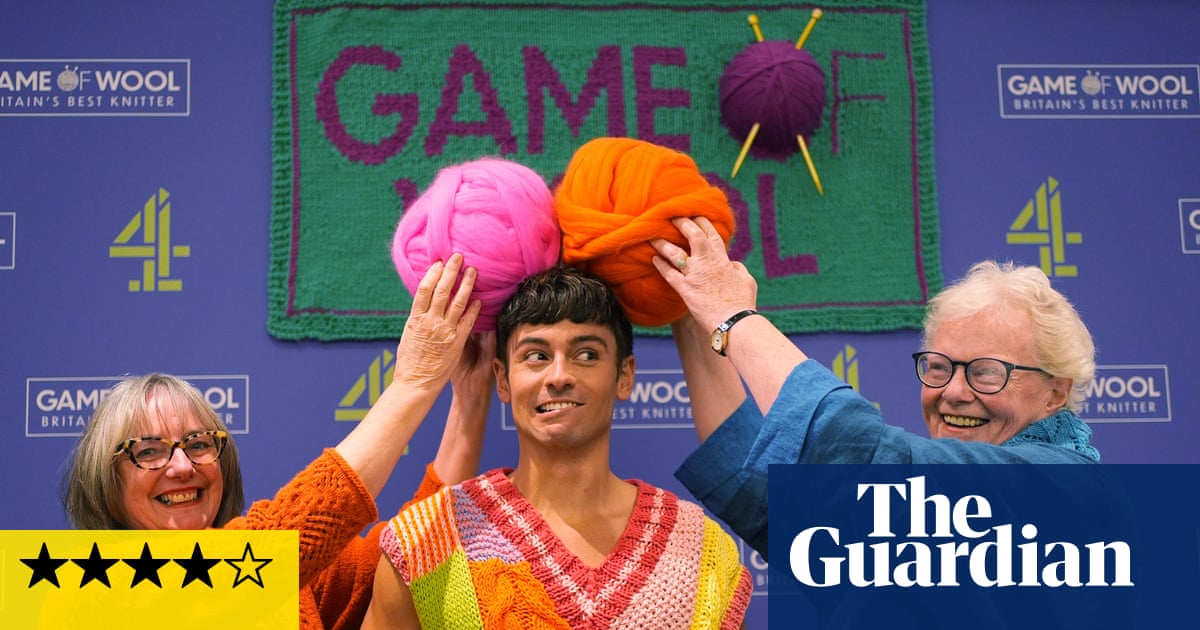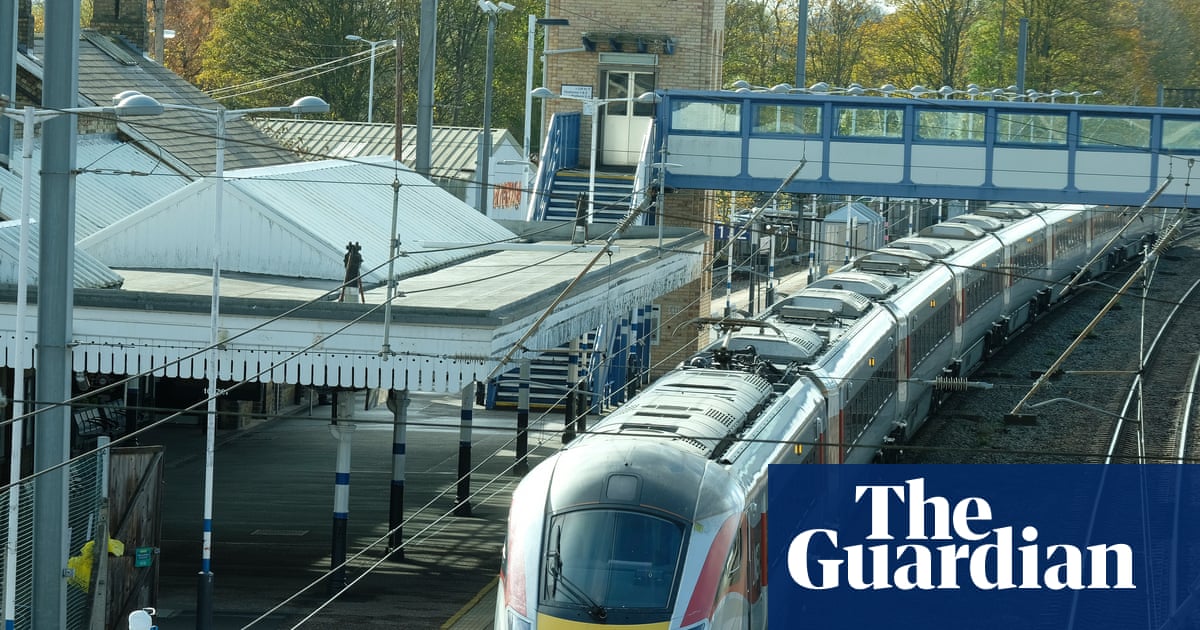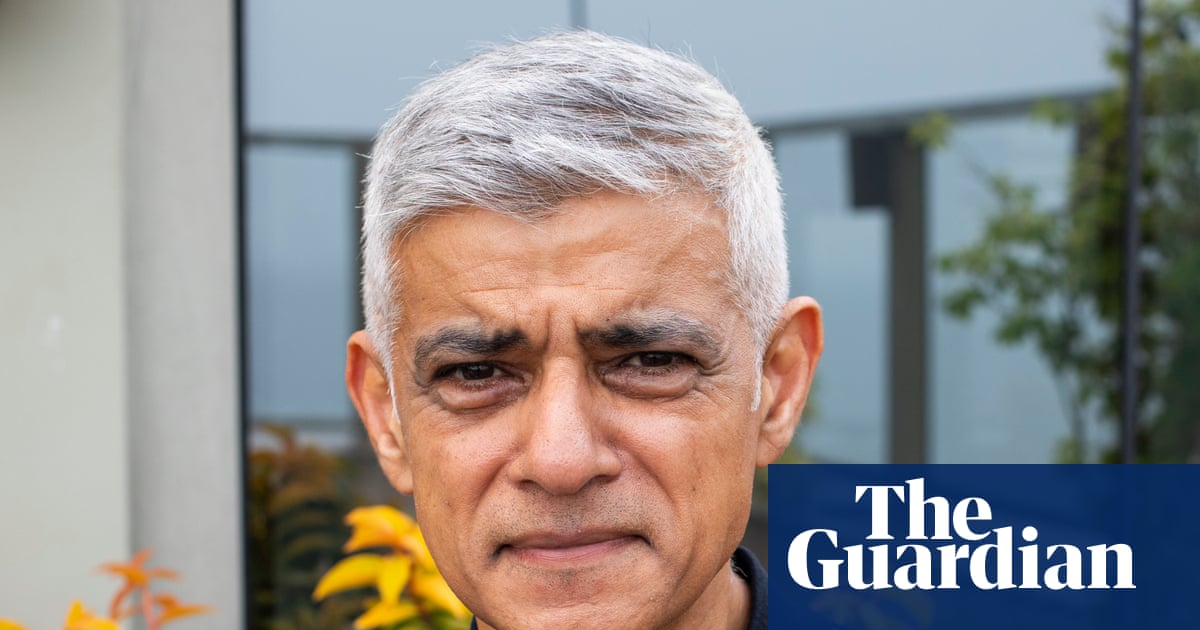“I remember my father marching against the National Front in the 1970s. It felt like it was a minority. The majority of people are still decent. But now, the far right seems legitimised and popular,” Dabinderjit Singh, a retired senior civil servant said.
Singh was reacting to Tommy Robinson’s 13 September far-right “unite the kingdom” rally, which drew 110,000 people to London.
The rally’s attenders say they have a variety of concerns. But for some ethnic minority Britons, Saturday’s scenes were reminiscent of far-right marches 50 years ago.
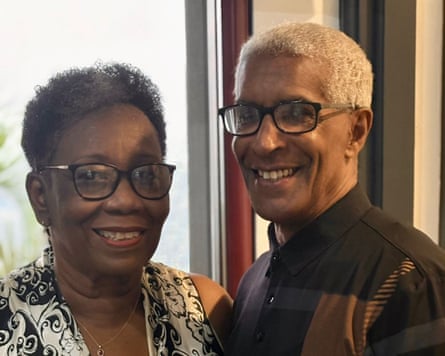
Hetticia McIntosh, 70, from Manchester, was returning from holiday via Heathrow when she was warned by a WhatsApp “community safety alert”, to “avoid travelling into London … especially if you are from an ethnic minority.”
For ex-servicewoman McIntosh, the times evoke memories of her east London, Windrush generation youth – when “we lived through the skinheads” and racial abuse was daubed on walls.
McIntosh knows exactly where racist sentiment can lead. The Home Office inexplicably refused to renew her and her husband’s British passports in the 1970s and 1980s, forcing them to leave the country for St Lucia for decades.
She now fears, amid talk of “remigration” from the far right, hardening attitudes to legal migration in Westminster and a government struggling to convey a positive message of unity, that “another Windrush scandal” could happen.
This year far-right groups have capitalised on asylum hotel protests, while the “raise the colours” campaign has led to St George’s and union flags being flown from lampposts and painted on roundabouts nationwide.
While for many, the flags are a celebration of national pride, St George’s crosses have been grafittied, sometimes with slurs, on ethnic minority-owned businesses and places of worship including a Manchester church, a Reading mosque and a York Chinese takeaway.
Last week, police in Oldbury, West Midlands received a report that a Sikh woman had been violently sexually assaulted and told: “You don’t belong here, get out.”
Robinson condemned the attack, saying shortly before the rally there was a distinction between “bad scumbags” and “decent minorities”, and that “as we attempt to unite this kingdom against mass immigration … I will speak personally of the sacrifices and great contribution that the Sikh community have made to Great Britain.”
For Singh, among community leaders dealing with the attack’s aftermath, Robinson’s remarks are part of a “divide and rule” tactic in which the right has tried to “cozy up to Sikhs” and contrast them with Muslims, while Sikhs with “turbans and beards” were increasingly targeted in racial attacks after 9/11.
“I think we are in more worrying, dangerous times than the 70s,” Singh said. “We have people playing on the sentiments of the majority in many countries – not just the UK, but the US, Europe, in India.”
The rhetoric, in and out of Westminster, is leaving some ethnic minority Britons with long memories wondering how far things could go.
Labour proposes doubling the standard qualifying period for settled status for legal, taxpaying skilled migrants from five years to 10 years.

Last week, Tory MP Katie Lam said this was “not enough”, adding: “No new visa should be issued to, no new ILR [indefinite leave to remain] status should be granted to, and existing ILR status should be revoked from those who have committed a crime, accessed state support or are unlikely to contribute more than they cost. Those who have no legal way to stay here would then need to leave.”
McIntosh, who has already experienced the Windrush scandal’s unofficial “remigration” scheme said: “History is repeating itself. That should frighten us all. Because no society can move forward if it keeps repeating the same prejudice.
“We deserve dignity, not fear, in our later years. The more things change, the more they remain the same. When I saw that rally in London, it brought me right back. It’s heartbreaking. It’s down to a lack of teaching. If you did not go there, we would not be here.”
Nigel Bromage, founder of counter-extremism group Exit Hate, also hears history’s echoes. He was in the National Front and Combat 18 in the 1980s and 1990s, before turning his back on neo-nazism.
after newsletter promotion
He said: “We are living in dark times – we ignore these signs at our peril. While the London rally was presented as an inclusive event, it attracted not only frustrated and unheard individuals but also hardcore British nationalists and neo-Nazis, all of whom seek to spread their message.
“The underlying conditions for such movements – economic inequality, social grievances and a sense of disenfranchisement – have all been present for some time.”
The prospect of a far-right, Elon Musk-backed government no longer seems unthinkable, a representative of the UK Indian Muslim Council said.
“Minorities feel trapped,” he said. “Like they don’t belong anywhere. I was driving recently with my wife by my side and someone rolled down their window, called me [the p-word] and drove off.”
The British Muslim Trust (BMT), the government’s new Islamophobia monitoring partner, says the atmosphere is deeply concerning.
BMT chief executive, Akeela Ahmed, added: “There is no question that events like Saturday – which saw divisive rhetoric and despicable levels of violence – are causing deep unease.
“We have had multiple reports of Muslim women taking extra precautions in recent weeks, with many choosing to stay at home on Saturday. This is intolerable.”
For Singh, there is concern that the government is unable or unwilling to tackle racism.
“I want [home secretary] Shabana Mahmood, as a Muslim woman, not simply to focus on immigration, but deal with racism and attacks against women.
“If she fails in that, then I think the writing is on the wall that we don’t have a political leadership that can get out of the ballot box politics authoritarian states go towards, which is please the majority and penalise minorities.”
Meanwhile, anti-racist campaigners the Runnymede Trust fear mainstream politicians have “lost control of this narrative to the likes of (Elon) Musk” after “legitimising racism”.
They added: “It is significant that Saturday was also Stephen Lawrence’s birthday. Racism kills.”
Angela Rayner was developing a social cohesion strategy before her resignation. A spokesperson for the communities department said: “Racism is completely unacceptable and has no place in our society.
“We are determined to bridge divisions between communities and the work of the social cohesion taskforce will continue, reporting to the prime minister.”

.png) 1 month ago
39
1 month ago
39
